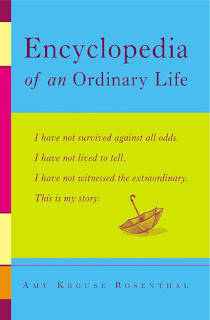November 5 th is my birthday and just thinking about life a year ago is a bit depressing. It seems the world has cracked and broken into two. November 5 seems so naïve, so innocent. Democracy before reality TV invaded politics. Anyway thinking about this I have compiled a list of how I’ve managed to get through this past year: *Friends *Cds: Josh Garrels The Light Came Down , Carrie Newcomer The Beautiful Not Yet *“fake” news: BBC, The Guardian, The Washington Post, NPR *Podcasts: Radiolab, The New Yorker Radio Hour, Snap Judgment (this is my new favorite, I spend a lot of time listening to these) *counseling (lots) *writing/not writing *bike rides: just this year alone=Nova Scotia, coast of Maine, carriage trails in Acadia National Park, Old Plank Trail, I & M, Centennial Trail, North Shore Channel Trail, Green Bay trail, Des Plaines River Trail, Kal-Haven Trail, Prairie Duneland Trail, Oak Savannah Trail, Lakefront, etc *walks along the lake ( see al










